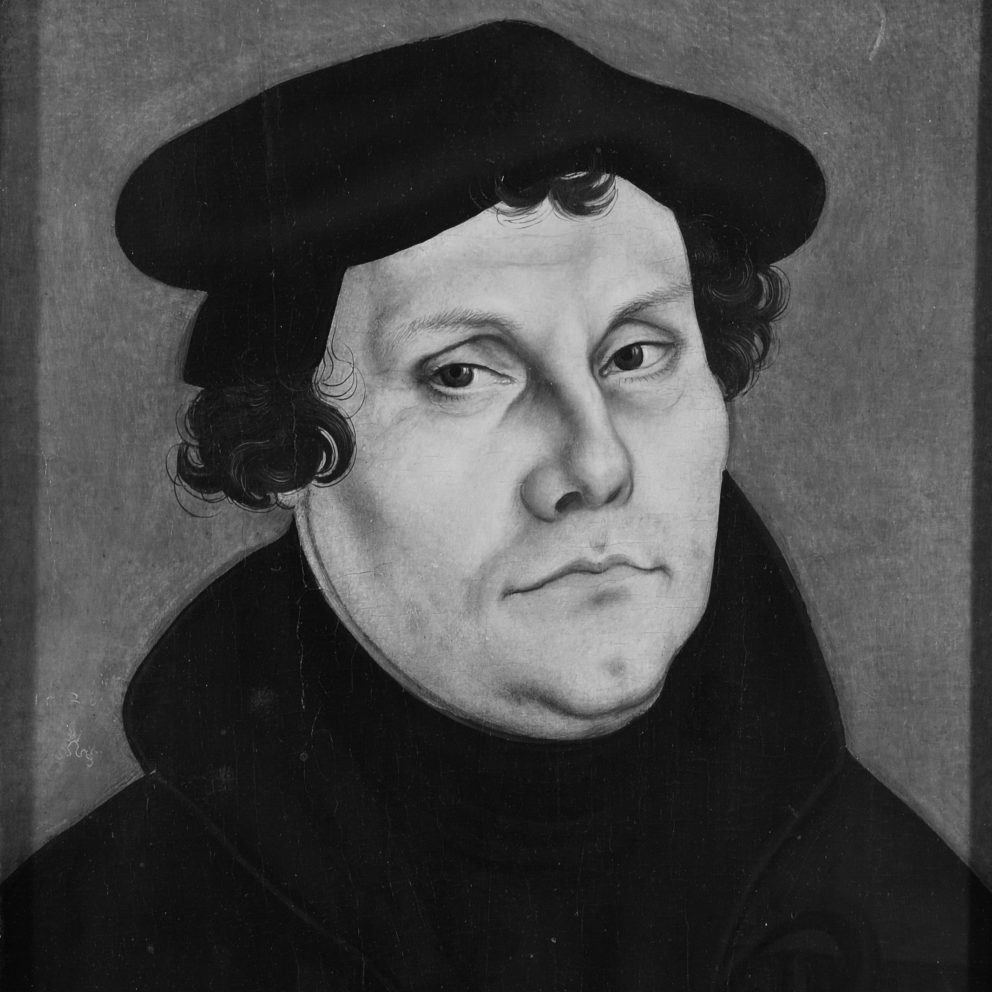How Does Theology Speak? A New Perspective on Martin Luther’s Nova Lingua
3401 Dwinelle Hall
Andrea Vestrucci, Researcher, Éric Weil Institute, University of Lille, France
Against Sorbonne theologians, Luther claimed that theology has to speak a different language from philosophy, a nova lingua. What is the nature, and what are the conditions, of this lingua? Contemporary scholarship is divided into two positions, referring the specificity of theological language either to the semantics (and specifically to the analogy), or to the formal structure (as new syllogistic inference). My presentation aims to overcome this dichotomy on both historical and theoretical levels, via a specific reference to the famous Luther/Erasmus clash on the liberum arbitrium. This analysis leads to a discussion on the relationship between human language and divine revelation. As close to the fifth centennial of the Reformation as we are, Luther’s thought has never been more actual.
Andrea Vestrucci has served as Professor at the Federal University in Fortaleza, Brazil; Australia Award fellow at Monash University; and researcher at the University of Milan. Currently a member of the Éric Weil Institute in Lille, he is engaged in a major work on Martin Luther’s conception of freedom for the University of Geneva. His fields of current and former research and publication include the neo-Marxist tradition (Lukacs and the Budapest School), the neo-Kantian tradition (Ernst Cassirer, Éric Weil), and musicology.

